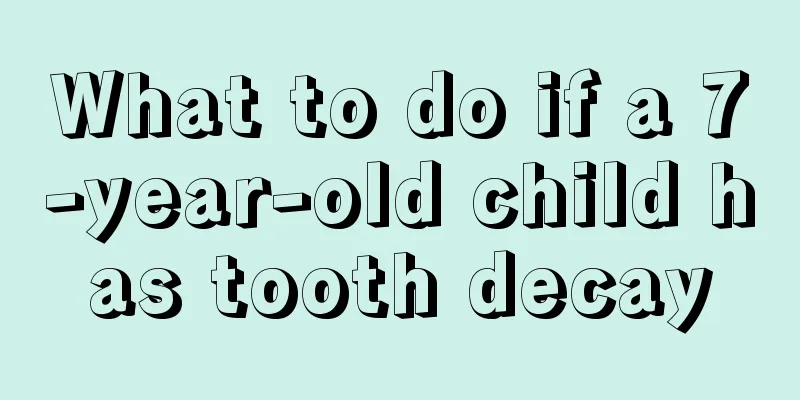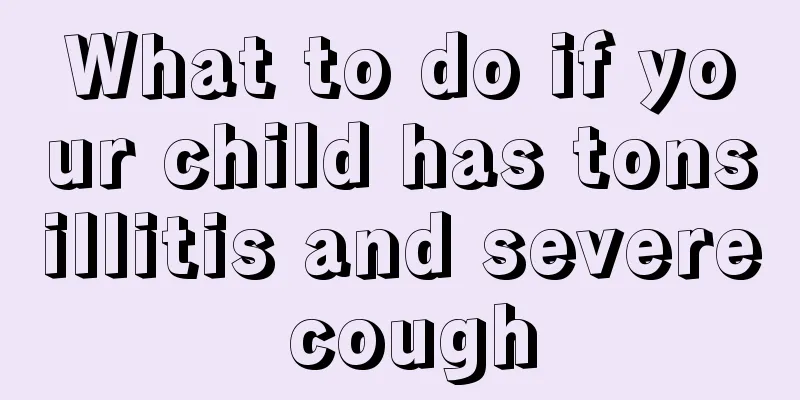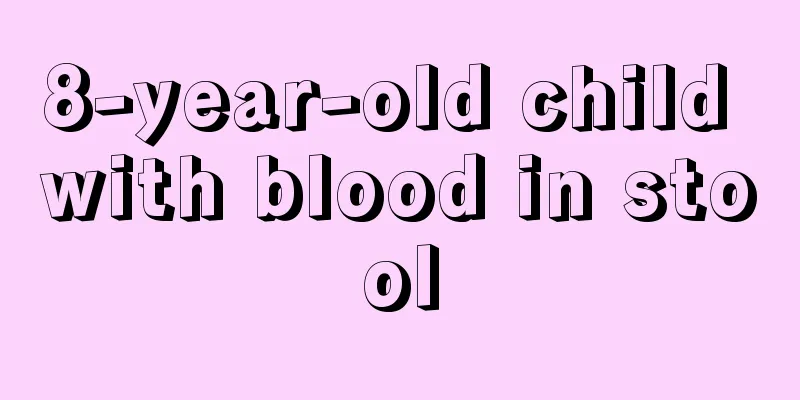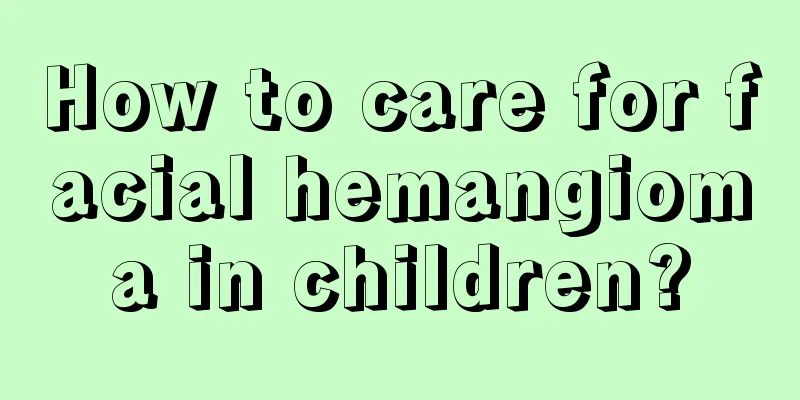The 7-year-old girl's face has become much darker in the past week
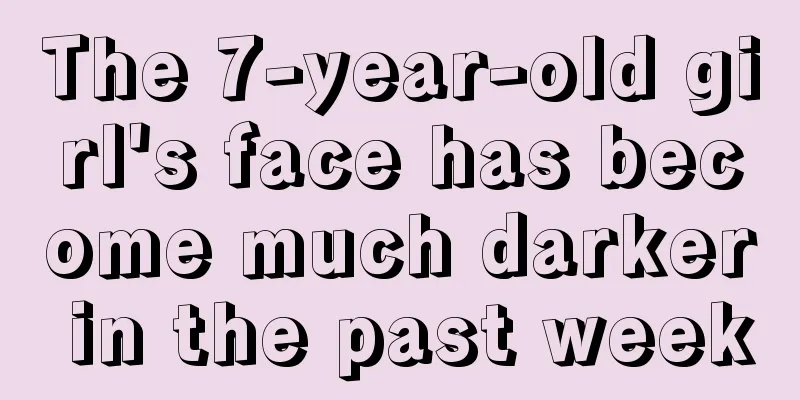
|
Some children always have problems, which are often caused by problems with nutrition or immune system. The seven-year-old girl's face lost a lot of radiance and became much darker in just one week. Many people think that the darkening of the skin is caused by weather or some other reason. But in fact, it is a condition of anemia that causes changes in the skin tone and glow of people's faces. So what approach should be taken to solve this situation?
Anemia refers to a symptom caused by the concentration of red blood cells or hemoglobin in the human body's peripheral blood being lower than normal. The manifestations of anemia are multifaceted. Common anemia symptoms in life include pale face and lips, palpitations, fatigue, etc. What is hemoglobin? What is the function of hemoglobin? (1) The substances that flow with blood in the human body's peripheral blood vessels are blood cells, mainly including red blood cells, white blood cells and platelets, among which red blood cells account for the largest proportion of blood cells. Hemoglobin is located inside red blood cells and is the main component of red blood cells. (2) Since hemoglobin is the main component of red blood cells, the degree of hemoglobin reduction can be used as an indicator for judging anemia. (3) The red color of a person’s skin and lips is determined by the color of hemoglobin. That is, the amount of red blood cells or hemoglobin can affect skin color. Therefore, the most obvious manifestation of anemia is pale complexion. There is a very interesting phenomenon: because the visual color temperature and skin color of Caucasians are different from those of Asians, when they develop anemia, they may be seen by each other as having green skin, while Asians mostly have sallow skin.(4) The main function of hemoglobin is to transport oxygen to various tissues in the body for use by the tissues, and to excrete waste produced by the tissues. With fewer vehicles transporting oxygen, they have to work overtime, which will cause shortness of breath and rapid heartbeat. Over time, they will suffer from chronic hypoxia and damage more organs. Who is prone to anemia? The following types of people are prone to anemia: (1) Children: It is especially common in infants under 1 year old. However, infants between 2 and 4 months old may suffer from physiological anemia, which does not pose a threat to their health. (2) Adult women: mainly those with heavy menstrual flow and those who are pregnant, who are at high risk of anemia. (3) Elderly people: Elderly people are more susceptible to anemia because their bone marrow hematopoietic function and nutrient digestion and absorption function are reduced. Is anemia hereditary? Since anemia is often a manifestation of other diseases, the key to whether anemia is hereditary lies in the cause of the anemia. In real life, only a very small number of anemias are hereditary, such as hereditary spherocytosis and thalassemia.
(1) Treatment of symptoms: If anemia is severe, red blood cells can be transfused; drugs that promote red blood cell production, such as erythropoietin, can be used to stimulate hematopoiesis; if anemia leads to organ damage, organ protection treatment should be given; if anemia leads to infection, anti-infection treatment is required. (2) Treatment of the cause: The disease that causes anemia should be actively identified and treated for the primary disease, such as malignant tumors, kidney disease, etc. The treatment of anemia must pay attention to the treatment of the cause. If the cause of anemia or the primary disease cannot be corrected, anemia will be difficult to cure. Can anemia be treated by adjusting diet? Some patients with anemia, especially those suffering from a lack of hematopoietic raw materials, can improve their anemia symptoms or even be cured by adjusting their diet. For example, nutritional iron deficiency anemia can be improved or cured by eating iron-rich foods. For anemia caused by lack of non-hematopoietic raw materials, diet therapy alone cannot replace drug treatment, but adjusting the diet can achieve certain improvement effects. |
<<: Is it a disease for a one-year-old child to sweat on his feet?
>>: Symptoms of encephalitis in an 8-year-old boy
Recommend
Are gloves okay for newborns?
Newborn babies are both cute and delicate. They a...
Treatment methods for hoarseness in children
It is normal for children nowadays to have hoarse...
What are the dietary treatments for children's sweating?
Parents are worried about children's sweating...
Side effects of pine pollen on babies
We already know the effects and functions of pine...
What's wrong with the white spots on a child's throat?
If you find white spots in your child's throa...
What to do if your child catches a cold and has a fever
Children catching cold and having fever is an ine...
Acupuncture treatment of lameness in children
When the human body is carrying heavy objects or ...
Children have fever and small red spots on their faces
The small red spots on children's faces when ...
What are the causes of bronchitis in children?
Bronchitis in children is a common respiratory di...
What's wrong with the child shaking his head?
Nowadays, many parents often find that their chil...
Symptoms of neonatal hepatitis jaundice
Every newborn is an angel sent to us by God. Howe...
Port wine stain on baby's head
Every child is a lovely little angel, born with t...
Did the child finish taking anti-inflammatory medicine?
In life, many children are particularly prone to ...
What is the cause of the child's knee cracking?
Children's knee cracking is mainly a joint pr...
What is the cause of the child's facial twitching?
Our society is developing very fast now, which ma...


